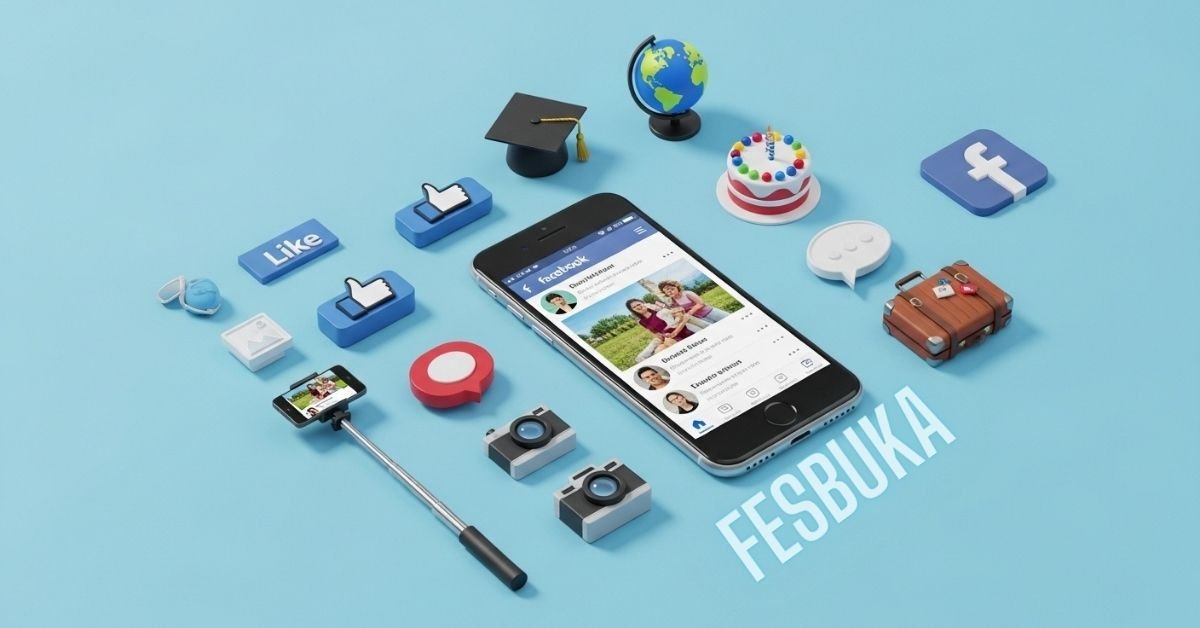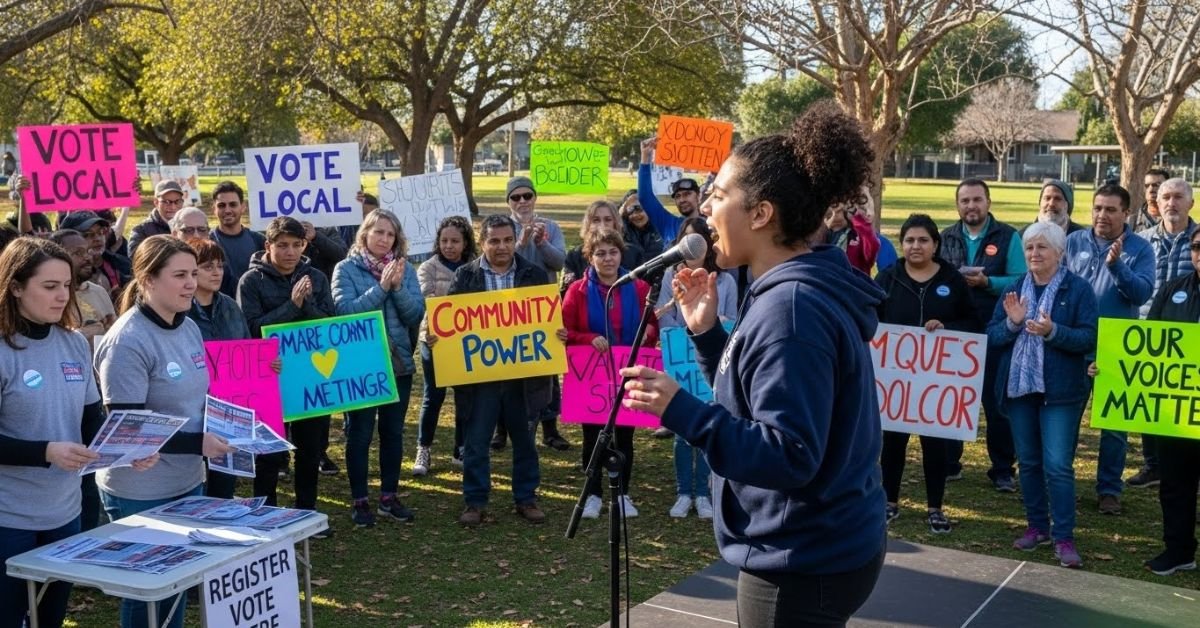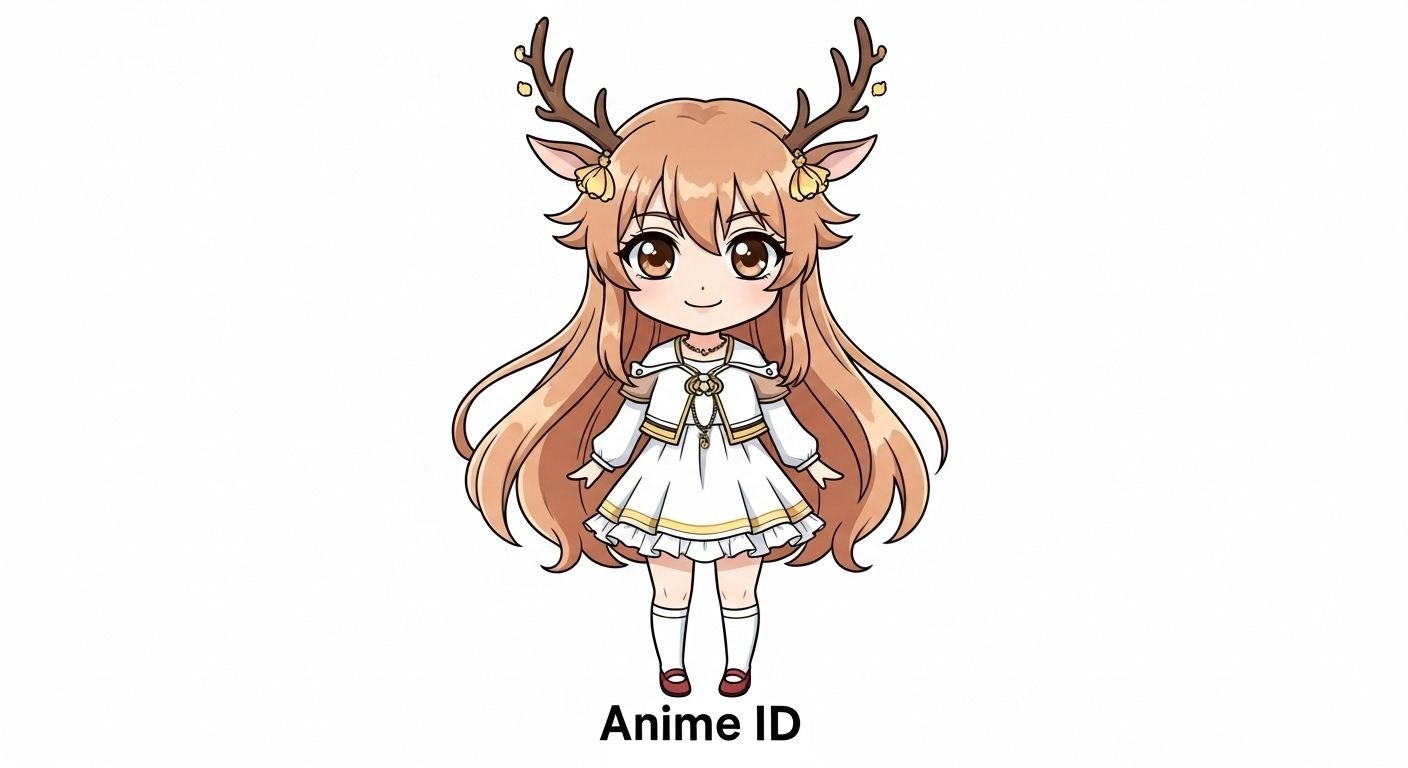Contents
- 1 Introduction
- 2 What Does Fesbuka Mean?
- 3 The Cultural Roots of Fesbuka
- 4 Fesbuka and the Evolution of Digital Slang
- 5 Why Fesbuka Matters in Social Media Conversations
- 6 The Rise of Fesbuka Memes and Humor
- 7 Fesbuka in Everyday Communication
- 8 Global Examples of Similar Adaptations
- 9 The Role of Fesbuka in Online Identity
- 10 Why Marketers Should Pay Attention to Fesbuka
- 11 How Fesbuka Reflects Digital Globalization
- 12 The Future of Fesbuka and Digital Language
- 13 FAQs About Fesbuka
- 14 Conclusion
Introduction
The digital world moves fast, and new terms appear almost every day. One such word gaining attention is “Fesbuka.” At first glance, it sounds like a playful variation of something familiar. In reality, the word is connected to the global giant Facebook but has its own cultural and linguistic twist. Understanding what “Fesbuka” means, why it is used, and how it reflects online behavior helps us see the bigger picture of global communication.
This article breaks down the meaning of Fesbuka, its roots, the trends surrounding it, and why it matters in today’s connected society. Along the way, we’ll explore how language adapts to technology, how people make digital platforms their own, and what this says about the future of social media.
Let’s dive in and explain Fesbuka from every angle.
What Does Fesbuka Mean?
The word Fesbuka is essentially a localized pronunciation or spelling of Facebook. In many languages where English words are adapted phonetically, “Facebook” becomes “Fesbuka” due to differences in sounds and spelling conventions. For example, in certain African and Southeast Asian languages, it’s common to swap letters or syllables to fit how locals pronounce words.
But “Fesbuka” is more than just a misspelling. It reflects how global platforms like Facebook are embraced and redefined in different cultural settings. By calling it Fesbuka, users aren’t just mimicking English; they are making the platform their own. In some regions, the term is used in memes, jokes, or even as slang for online gossip and digital drama.
So, when you hear Fesbuka, think of it as Facebook’s cultural cousin—same platform, but with a name that shows how communities adapt it to their language and style.
The Cultural Roots of Fesbuka
Language is alive, and when technology enters a society, words shift to match the way people talk. Fesbuka is a clear example of linguistic adaptation. In places where English is not the primary language, borrowed words often take on new forms.
Take the Philippines, for instance. Locals sometimes say “Fesbuk” when referring to Facebook, blending English with the rhythm of Filipino speech. Similarly, in East Africa, where Swahili and other languages dominate, “Fesbuka” feels more natural to pronounce than the original word.
These shifts are not mistakes; they are cultural markers. They show that social media platforms do not exist in isolation but live within communities. The fact that Facebook can be reshaped into “Fesbuka” means it has been accepted deeply into everyday life.
Just like how “Google” became a verb (“to google”), Fesbuka reflects how people take ownership of digital platforms. It is not just a name—it’s part of daily conversations, jokes, and even local identity online.
Fesbuka and the Evolution of Digital Slang
Digital culture thrives on slang. Words change, meanings evolve, and communities create new expressions faster than dictionaries can keep up. Fesbuka is a digital slang word that demonstrates this perfectly.
On social media, slang spreads quickly. Memes, trends, and viral jokes often rely on playful language. Using “Fesbuka” instead of “Facebook” adds humor, relatability, and local flavor to conversations. For example, people might say, “I saw it on Fesbuka” to emphasize gossip or lighthearted chatter rather than serious news.
This is similar to how Twitter became “X” but still lives on in memes as “the bird app.” Slang allows users to create inside jokes and build communities where certain words signal belonging. By using Fesbuka, people subtly highlight that they are part of a digital culture that doesn’t just consume content but reshapes it.
The rise of Fesbuka as slang proves how language and technology are constantly rewriting each other.
Why Fesbuka Matters in Social Media Conversations
You might wonder, why does a word like Fesbuka matter at all? After all, it’s just an alternative way of saying Facebook. The truth is, small language shifts often reflect bigger social changes.
Fesbuka matters because it shows how global technology becomes personal. A single platform is used differently across regions, and even its name is reshaped. This adaptation highlights issues of identity, ownership, and cultural pride in the digital age.
It also matters because Fesbuka represents how users form communities online. In some cases, people deliberately say Fesbuka when joking about oversharing, online arguments, or neighborhood gossip. In this way, the word becomes shorthand for the lighter, less formal side of social media.
Most importantly, Fesbuka reminds us that language is power. By calling it something different, people reclaim space in the global digital landscape. Instead of simply adopting a Western word, they bend it to fit their own world. That small act carries a big message.
The Rise of Fesbuka Memes and Humor
No conversation about Fesbuka would be complete without mentioning memes. Humor drives online culture, and Fesbuka has become a rich source of jokes in many countries.
For instance, in parts of Africa, memes might show an exaggerated picture of neighborhood drama with the caption, “Breaking news on Fesbuka.” In the Philippines, Fesbuk jokes poke fun at how people post everything from meals to random selfies. This playful use of language connects people through shared laughter.
Memes are powerful because they travel fast and speak a universal language of humor. When people use the term Fesbuka in jokes, it signals that they are not only participating in global trends but also shaping them with their own local spin.
In a world where humor often bridges cultural gaps, Fesbuka memes prove that laughter is a global connector—even if the spelling is different.
Fesbuka in Everyday Communication
Beyond memes and slang, Fesbuka has seeped into daily conversations. In some regions, people casually say Fesbuka instead of Facebook, even when speaking in English. This shows how natural the word has become.
For younger generations, the term feels authentic and easier to use. In multilingual countries, “Fesbuka” flows better with native languages, making it more comfortable in conversations. For example, someone might say, “Nagpost siya sa Fesbuka” (She posted on Facebook) in a mix of local language and slang.
This blending of languages is called code-switching, and Fesbuka is a perfect example of it in action. The word slides smoothly into sentences, making it more than slang—it becomes part of real speech.
Over time, this could even shape how future generations think of the platform, with Fesbuka becoming the dominant term in certain regions.
Global Examples of Similar Adaptations
Fesbuka isn’t alone. Around the world, major platforms get renamed, reshaped, and localized in surprising ways.
- WhatsApp becomes “Wazzup” in casual speech in some countries.
- Instagram is shortened to “Insta” or “IG,” with variations depending on local languages.
- Twitter was long called “Twitta” in certain accents, even before it rebranded to X.
These examples show that digital adaptation is not random—it’s a pattern. People make global platforms sound local because it helps them feel more connected.
Fesbuka is part of this global trend, showing that the internet may be international, but people will always shape it to match their voices.
The Role of Fesbuka in Online Identity
Identity online is about more than usernames and profile pictures—it’s also about the words we use. Fesbuka plays a role in how people signal belonging to specific groups.
For example, younger users may deliberately say Fesbuka to sound relatable or funny, while older users stick to Facebook. This generational difference reveals how identity is negotiated online. Similarly, saying Fesbuka might mark someone as part of a certain community or cultural group.
It’s also about resistance. By renaming platforms, people indirectly resist the dominance of Western language and culture. They take what is global and make it local. Fesbuka is not just a word—it’s a symbol of cultural ownership in the digital era.
Why Marketers Should Pay Attention to Fesbuka
For businesses and marketers, the rise of Fesbuka holds valuable lessons. Language adaptation affects how people engage with brands online. If your audience calls it Fesbuka, ignoring that term could mean missing a cultural connection.
Marketers who understand local slang and adapt to it can build stronger bonds with their audiences. For example, a campaign that uses “Fesbuka” in regions where it’s common will feel more authentic and relatable. On the other hand, insisting only on the formal word “Facebook” may create a sense of distance.
This is why localization is so important in digital marketing. It’s not enough to translate words—you have to speak the way your audience actually talks. Fesbuka proves that small shifts in language can unlock big opportunities for connection.
How Fesbuka Reflects Digital Globalization
We live in a world where globalization and localization constantly interact. Fesbuka perfectly illustrates this balance. On one hand, Facebook is a global platform used by billions. On the other hand, people reshape it into Fesbuka to make it local.
This process is known as glocalization—taking something global and adapting it to local culture. It happens in food, fashion, and entertainment, and now it’s happening in digital language.
Fesbuka reflects the reality that while we share one internet, we don’t all experience it the same way. Our languages, humor, and cultural references reshape even the biggest platforms. And that diversity is what makes digital culture so dynamic.
The Future of Fesbuka and Digital Language
Will people still be saying Fesbuka in ten years? The future of digital slang is hard to predict, but one thing is certain—language will keep evolving.
As new platforms rise and old ones rebrand, more slang terms will emerge. Fesbuka may become even more entrenched in certain regions, or it may fade as other nicknames take its place. What matters is the pattern it represents: users don’t just accept technology passively; they reshape it actively.
In the coming years, marketers, linguists, and cultural observers should watch terms like Fesbuka closely. They reveal how people interact with global platforms and how identity is negotiated online.
FAQs About Fesbuka
Is Fesbuka the same as Facebook?
Yes, Fesbuka is simply a localized way of saying Facebook. It refers to the same social media platform but reflects how different cultures pronounce or spell it.
Why do people say Fesbuka instead of Facebook?
People use Fesbuka because it’s easier to pronounce in some languages, and it also adds humor or cultural flavor to conversations. It shows how communities adapt global words to their own speech.
Is Fesbuka a slang word?
Yes, Fesbuka functions as slang in many regions. It’s often used in memes, jokes, and casual conversations to refer to Facebook in a lighthearted way.
Does Facebook officially recognize the word Fesbuka?
No, Facebook itself does not use the word Fesbuka officially. It remains an informal, user-created adaptation.
How does Fesbuka affect marketing?
For marketers, using terms like Fesbuka can help build stronger cultural connections. It shows awareness of local slang and makes campaigns feel more authentic to the target audience.
Will Fesbuka replace Facebook as the official term?
It’s unlikely that Fesbuka will replace the official brand name, but it may continue to thrive as a popular slang term in certain regions.
Conclusion
Fesbuka may seem like a small word, but it carries a big story. It shows how people adapt global platforms to their own cultures, how slang reflects online identity, and how humor brings communities together.
From memes to marketing, from everyday conversations to digital identity, Fesbuka proves that language is not just a tool—it’s a mirror of society. In a world where technology connects us all, words like Fesbuka remind us that local voices still shape the global conversation.
The next time you hear someone say, “I saw it on Fesbuka,” remember: it’s not just slang. It’s a cultural snapshot of how we live, laugh, and connect online today.




